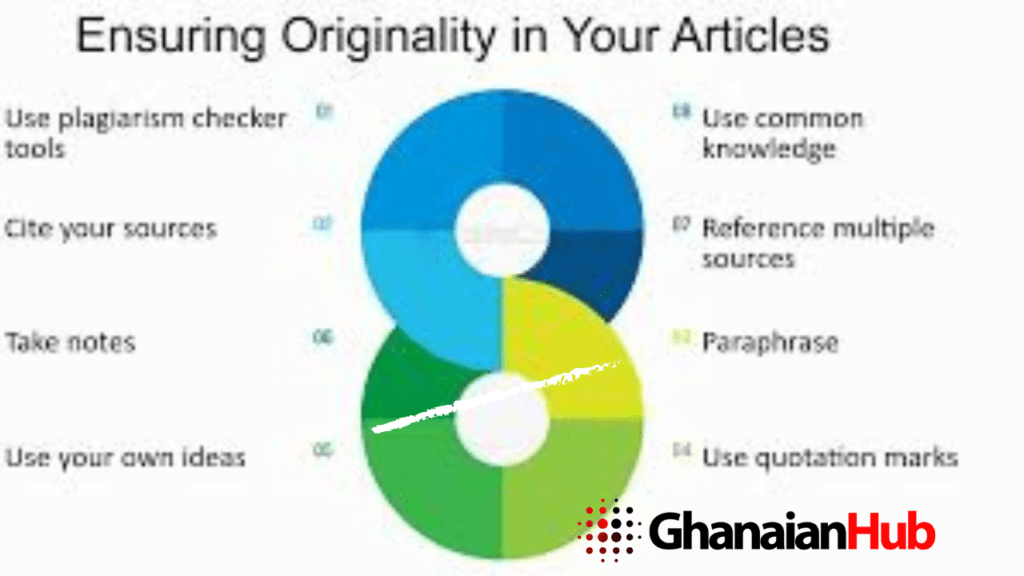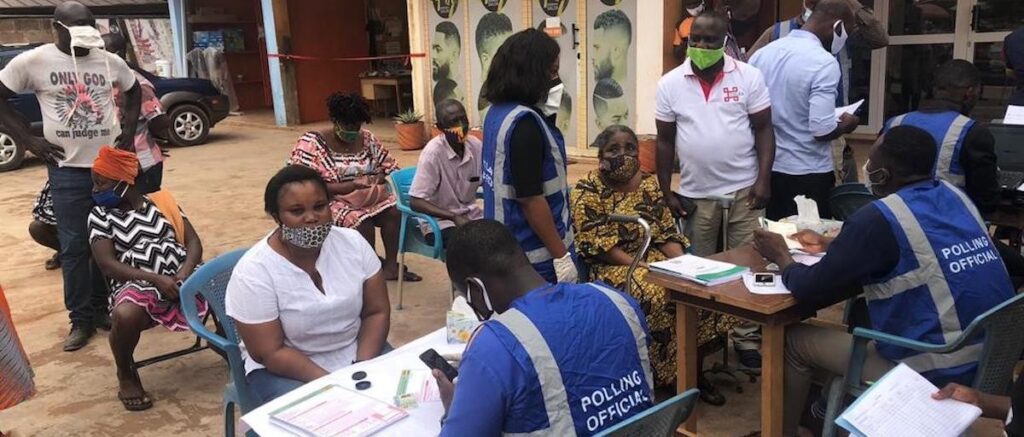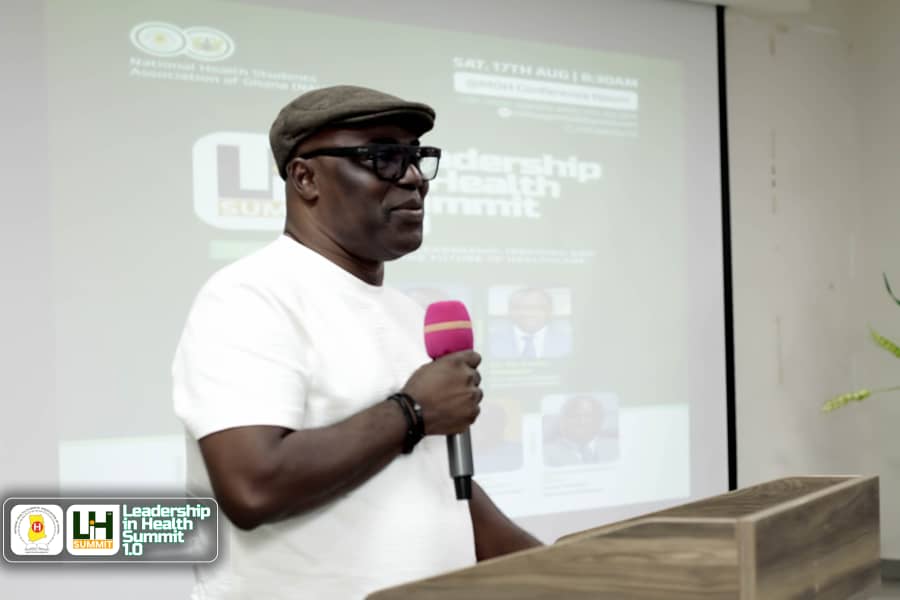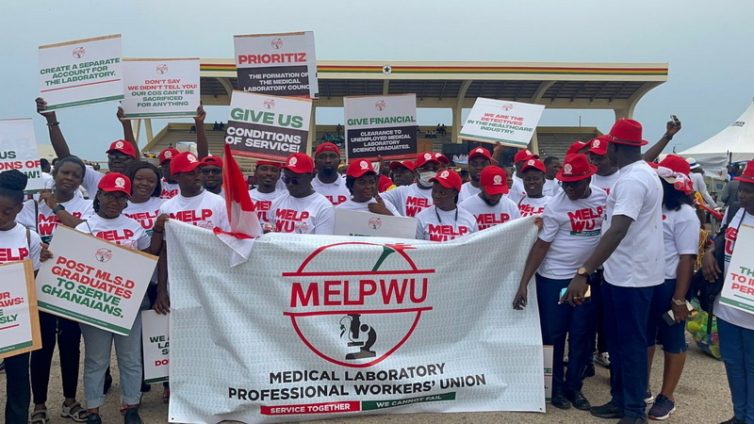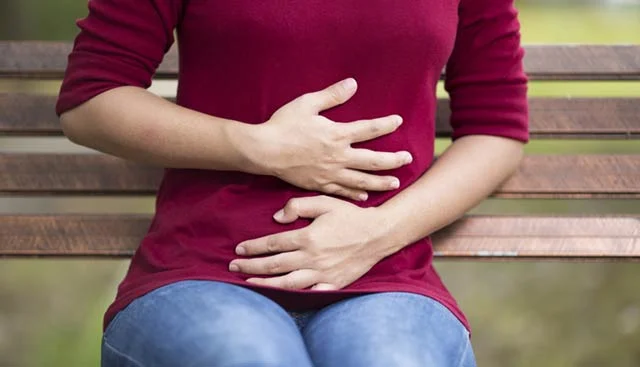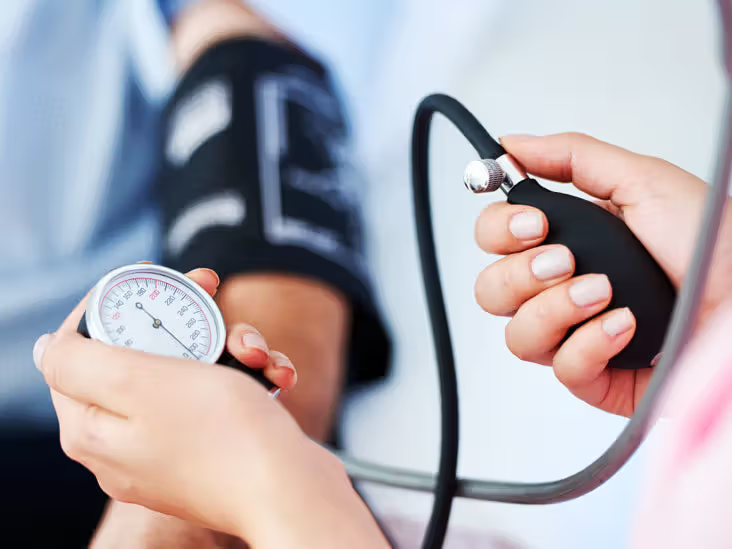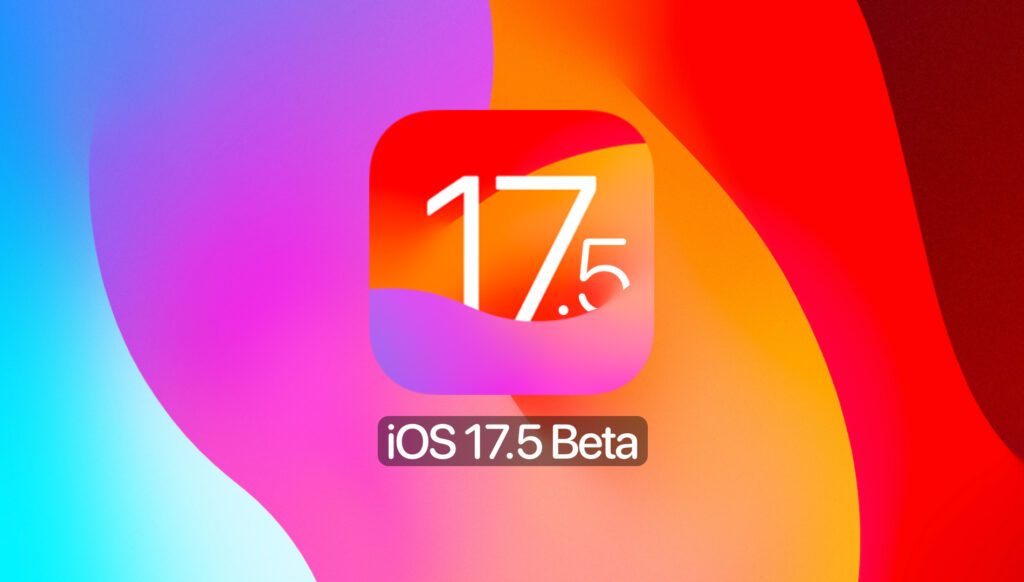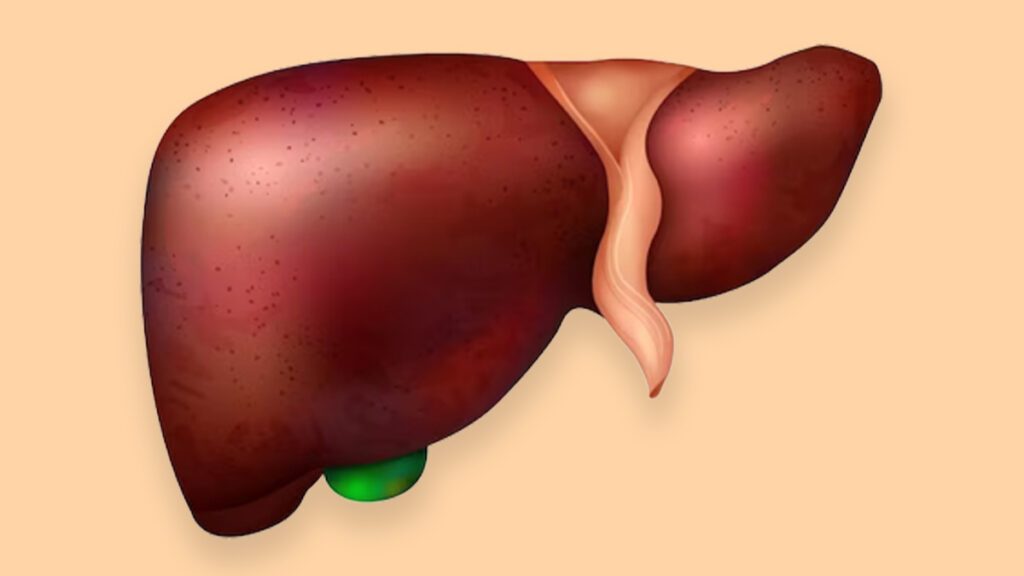Why Menstrual Cramps Happen: and Three(3) ways to Relieve Them. Quick Start.
Why Menstrual Cramps Happen:
Menstrual cramps, also known as dysmenorrhea, cause throbbing or cramping in the lower abdomen. Many women experience menstrual cramps before and throughout their periods.
Some women simply find the pain to be irritating. Some may experience period pains that are so bad that they are unable to function normally for a few days each month.

What Causes Period Cramp?
Menstrual cramps are most likely caused by an excess of prostaglandins, hormone-like substances made by the endometrium, the lining of the uterus, as it prepares to shed. Prostaglandins help the uterus contract and relax, enabling the endometrium to separate and leave the body. They play a crucial role in the process, but if the uterus contracts substantially, blood supply is reduced and the uterine muscle tissue has less access to oxygen, which results in discomfort.
Table of Contents
Most women who have cramps during their periods are ignorant of the reasons why some women’s periods are unpleasant while others are not. There might be some irritation. There is a connection between prostaglandin synthesis and inflammation whereby inflammatory tissue produces more prostaglandins. Even after accounting for characteristics that contribute to chronic inflammation, such as obesity, smoking, and alcohol consumption, women who have more painful periods still had higher levels of inflammatory markers in their blood. Inflammation has also been linked to the deterioration of other premenstrual symptoms, such as mood swings.
Individuals are more likely to experience painful periods if they have heavy or protracted periods, began menstruating at a young age, or have irregular cycles. Variables that have been connected to painful periods include smoking, being underweight, being under 30, having a pelvic infection, and sterilization.
Why Menstrual Cramps Happen:
How Do I Relieve My Period Cramps?
Finding and treating the cause of your irregularities may be crucial for your health if your periods are painful, irregular, or heavy. Some cramp-relieving techniques, including hormonal birth control, function by preventing the growth and shedding of endometrium.
Home Treatment
- Take a warm bath, or place a heating pad or hot water bottle on your stomach. Heat promotes blood flow, which may ease discomfort.
- Alternatively, you can lie on your side with your knees raised up to your chest while sleeping down with a cushion or pillow between your legs. Back pain might be relieved as a result of this.
- Use pads instead of tampons. This might help if you also experience vaginal soreness.
- Participate in regular exercise. This increases blood flow and could lessen cramping.
See a doctor if you’ve tried over-the-counter medications and home treatments for cramp relief and you’re still not feeling better. You might need to contact a doctor if your cramps are brought on by something other than your period, such as endometriosis.
Sex and Cramps
Cramps are among the most prevalent signs of the menstrual cycle. Period sex can relieve menstrual pains, according to Sherry A. Ross, MD, an OB/GYN and women’s health expert in Santa Monica, California. She-ology is the same thing as both of the phrases “She-ology.” In “The She-quel”
Menstrual pains are brought on by the contraction of the uterus, which aids in the shedding of the lining, which is triggered by the creation of prostaglandins, a hormone. Ross claims that orgasms from sex cause the uterus to tighten before relaxing, which lessens the pain associated with cramps.
According to Ross, endorphins, or feel-good chemicals, are released after an orgasm in addition to the uterus physically relaxing. Endorphins can momentarily reduce pain by turning on the body’s opioid receptors. Opioid receptors are a component of the body’s system for managing pain.
These advantages can be obtained through solo sexual activity as well as partnered sexual activity. Ross asserts that orgasming from masturbation will have comparable advantageous effects.
To prevent STIs and unplanned pregnancy, use a condom when having sexual activity with a partner.
Try Dietary Supplements
Inflammation can be reduced and vitamin D can help with calcium absorption. Among other nutrients, omega-3, vitamin E, and magnesium can help reduce inflammation and may even make your period less unpleasant. For the best results, take vitamins on a daily basis, not only before and after your period. Additionally, before starting a new supplement regimen because some supplements can interact with medications, speak with your doctor.
ALSO READ: Different skin types


 English
English 





































